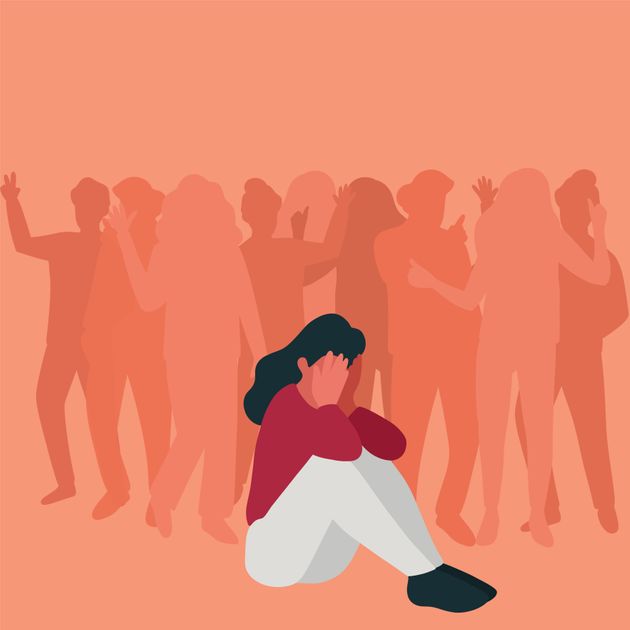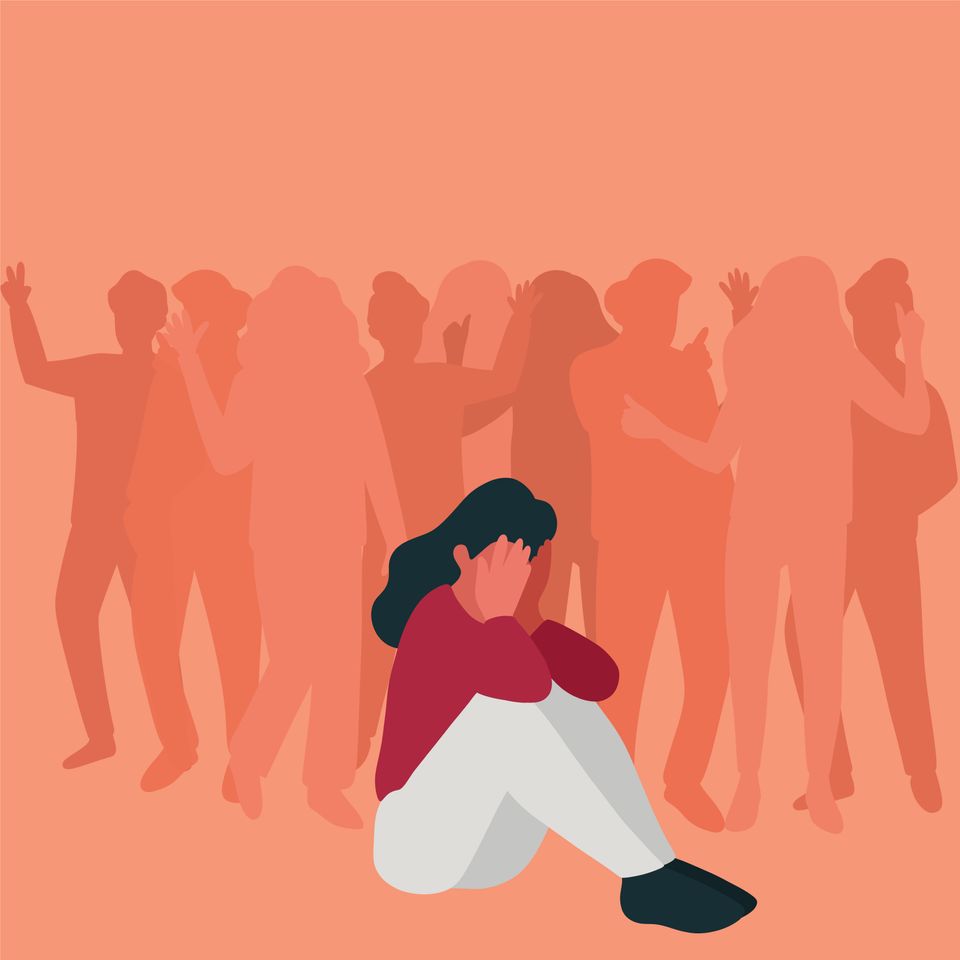You’re reading Life-Work Balance, a series aiming to redirect our total devotion to work into prioritising our personal lives.
“How would you fit a giraffe into a fridge?” An asinine question in most settings, but especially peculiar during a job interview.
Advertisement
And yet, these kinds of ‘quirky’ and arbitrary lines of questioning seem to be commonplace during the interview process.
In an attempt to make people think ‘outside the box’ or on their feet, hiring managers are coming up with increasingly difficult (and frustrating) tasks and questions for interviewees.
Advertisement
And to make matters worse, many are leaving the applicants hanging once it comes to feedback or finding out the results of the conversation.
So, what does it say about their work culture when recruiting staff act like this when imbued with such powers?
Advertisement
For starters, if you’re being put in a difficult and tricky situation at the earliest stage of the job, then it might not be the best indication of the company’s treatment of employees. And it also means they have no regard to the preparation that applicants may have completed in anticipation of a more traditional interview.
After all, how does anyone answer how they’d put a giraffe in the fridge, or what words they’d have on their tombstone, or how they’d fare if locked in a room and asked to complete a challenge (all real requests)?
Here are some of the most ridiculous requests people have received:
It’s understandable that companies would try get creative with their asks, and indeed some are known for tough brainteasers that showcase the best of people, but most of us can agree that some questions are just a bit bizarre and show nothing about the person.
Advertisement
That’s what Hannah Langford, 31, from the North West, felt when she went for a job in law in Manchester.
She tells HuffPost: “I had a training contract interview at a law firm about 10 years ago and was asked two bizarre questions: ‘Why don’t polar bears eat penguins?’ and ‘How much water does it take to fill St Paul’s Cathedral?’.
“These questions made me doubt myself and I felt confused as to what answer was expected (i.e., was I expected to give an actual answer to the water question or was my thought process what they were interested in?).”
Langford ended up pivoting to a different sector altogether, deciding to work in charity.
Ramla*, 26, from London, can relate to navigating random questions that don’t relate to the job. “A charity that had many interview stages (and didn’t even give feedback after despite saying it would) had some interesting questions,” she recalls.
“One was about who’s your most problematic friend and why you are still friends with them. Another was about the last time you lost your temper.
“I’m not sure how far these questions really test someone’s values. No matter what you say, they’d have to take it with a pinch of salt because it’s an interview, not a chat with your best friend.
“These questions felt a bit like an interrogation. Surely what I’ve achieved and the places in which I’ve created transformative change should speak for itself – or at the very least, they could ask me directly about that?”
Unfortunately, eccentric questioning seems to be commonplace in the job interview space, when that time could be far better utilised talking about the things that bring us joy, what we’re passionate about, what we look forward to.
Because, truly, no one knows how to fit a giraffe into a fridge. And nor should they.
Advertisement
Life-Work Balance questions the status quo of work culture, its mental and physical impacts, and radically reimagines how we can change it to work for us.

HuffPost UK/ Isabella Carapella

 (@maredparry)
(@maredparry)  was a shit job but I was desperate at the time
was a shit job but I was desperate at the time




















